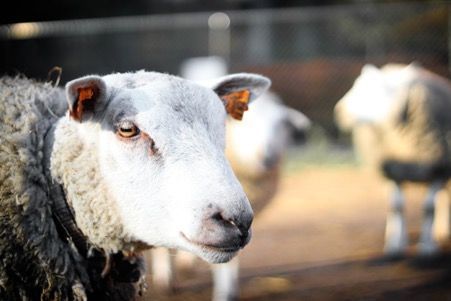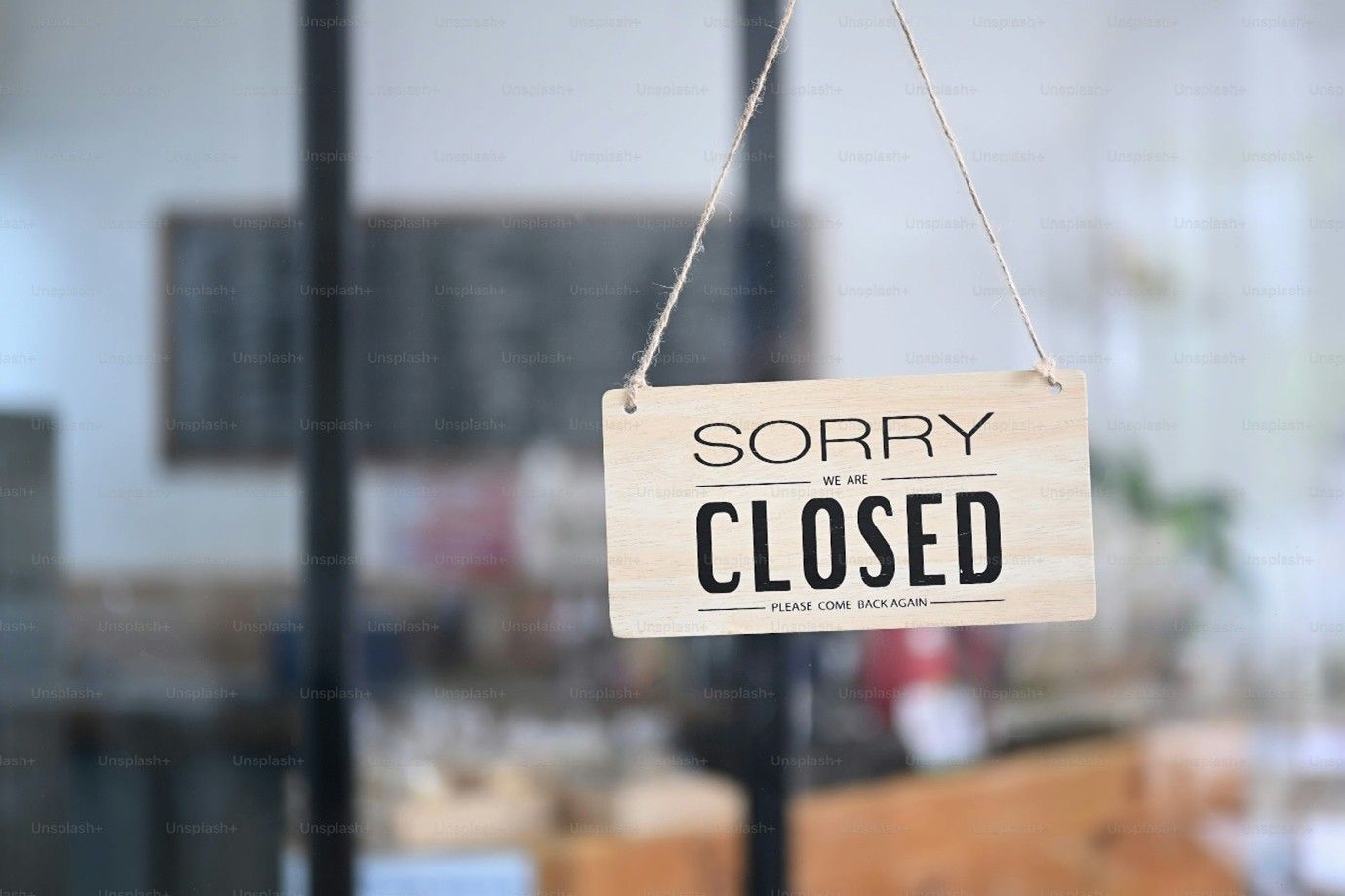Don’t just be part of the herd
In 2008, Professor Jens Krause and PhD student John Dyer of the University of Leeds, conducted an experiment into human herd mentality and how people, quite literally, follow the crowd*.
Groups of people were asked to walk randomly around a hall. They were not allowed to communicate with one another but had to stay within arm’s length of another person at all times. Among the groups, a few individuals were given more specific instructions on where to walk. The researchers found that, very quickly, people started to follow the select few who appeared to know where they were going. The researchers found that it only took 5% of confident looking people to influence the direction of the other 95%.

In 2008, Professor Jens Krause and PhD student John Dyer of the University of Leeds, conducted an experiment into human herd mentality and how people, quite literally, follow the crowd*.
Groups of people were asked to walk randomly around a hall. They were not allowed to communicate with one another but had to stay within arm’s length of another person at all times. Among the groups, a few individuals were given more specific instructions on where to walk. The researchers found that, very quickly, people started to follow the select few who appeared to know where they were going. The researchers found that it only took 5% of confident looking people to influence the direction of the other 95%.
In nature, many animals demonstrate a herd mentality for safety reasons and to make life easier when it comes to finding food, shelter and a mate. That same herding mentality though can also make them easier to be controlled by others, something long used by farmers, nomadic tribes and animal herders but also in nature by whales, dolphins, sharks etc.
As accountants we are trained to be cautious and risk-aware. We are taught to be wary of exceptions and be more comfortable with established patterns. That can make us more susceptible to herding and developing a herd mentality whereby our thinking and actions are determined by the behaviour of others and, especially, by the behaviour of our peers. Rather than conduct our own research, we rely on the assumed research of others.
This can be a nice place to be. It’s warm and safe in the middle of the herd. Someone else has the stress of the big decisions, we can just follow them.
It can also be dangerous. The classic boom and bust of stock market investments are examples of following the herd and of panic buying and selling based on the actions of others.
It is wise to learn from others but, to essentially sub-ordinate your own decision-making to the actions of others can hold back your own progress, even if it keeps you safe.
Choosing to run your own accounting business isn’t a ‘safe’ decision. Accepting a senior role or management position in an accounting firm isn’t a ‘safe’ decision. At the point you commit, you are backing yourself. The challenges of the job can then push us down a pathway that we didn’t intend to take but seems the easier, or maybe the least difficult, option. But aren’t we just reacting in the same way that the flock reacts to the sheep dog?
Deciding on your own path, doing your own analysis and making your own decisions is harder than simply following the accountants that surround you but there is a freedom and a reward that comes with being bold. Yes, there is a risk, but you’ve taken considered risks before to get to this point.
Many accountants are frustrated by the way that their working day pans out. The root cause of that can lie in allowing ourselves to be herded, to adopt a herd mentality and follow pathways that are inconsistent with our own vision and goals and therefore bring little satisfaction. If you want to break free then:-
· Do your own analysis
· Establish your own path
· Make your own decisions
· Take the actions that you believe to be right
Listen to others but, ultimately, back yourself to make the call!
* "Sheep in human clothing – scientists reveal our flock mentality". University of Leeds Press Office. 14 February 2008.



